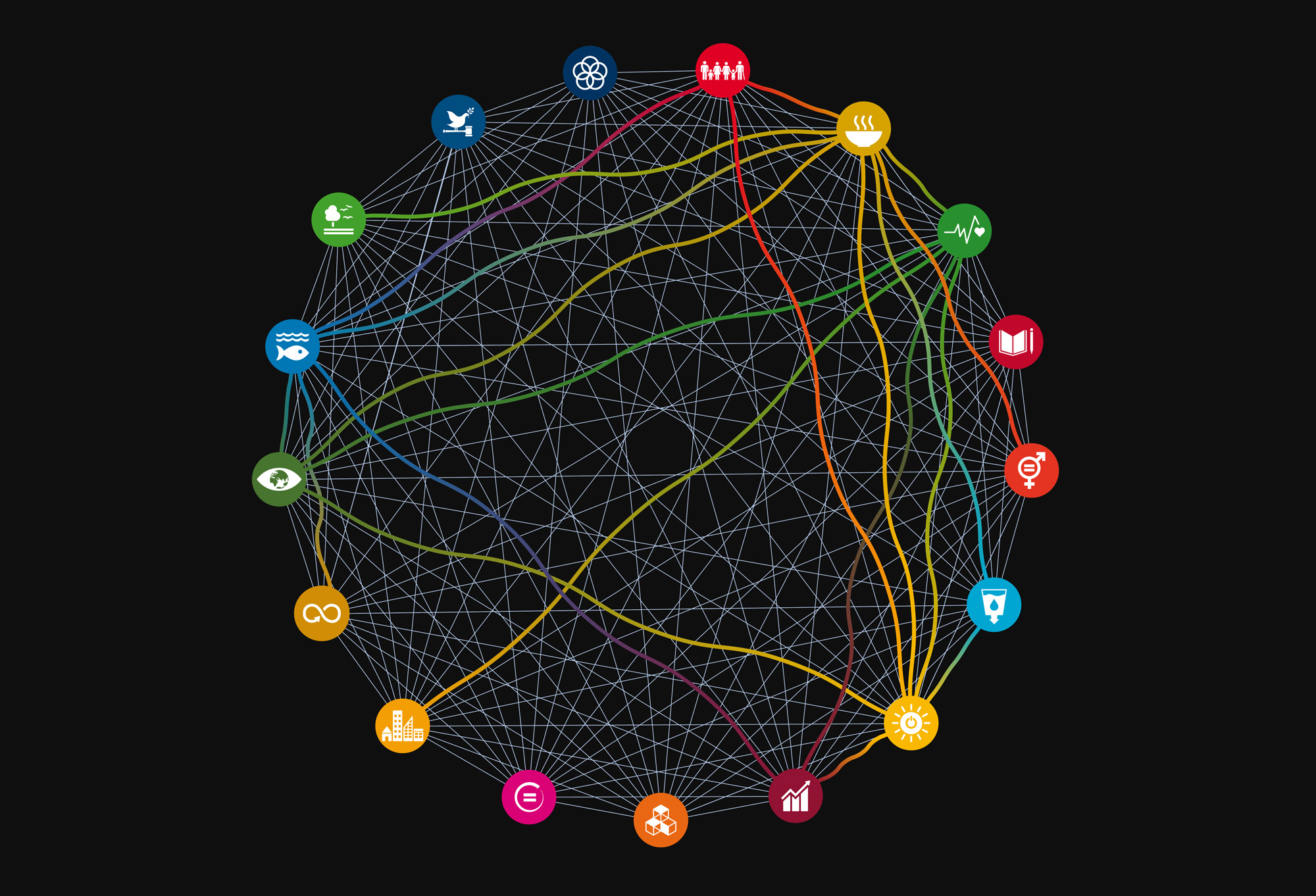Agriculture stands at the intersection of human survival and environmental impact, making sustainable agriculture a critical component of any plan for a sustainable future. The “Balancing Act” involves meeting the growing global demand for food while minimizing the negative effects of agriculture on the environment.
Sustainable agriculture seeks to strike a balance between productivity and environmental stewardship. This involves adopting practices that maintain or improve soil health, reduce water usage, and minimize the use of synthetic chemicals. Crop rotation, agroforestry, and organic farming are just a few examples of sustainable agricultural practices that contribute to this delicate equilibrium.
The impact of sustainable agriculture extends beyond the fields. By reducing deforestation for agricultural expansion and preserving natural habitats, sustainable farming plays a crucial role in biodiversity conservation. It acknowledges the interconnectedness of ecosystems and works to ensure that farming practices contribute to, rather than detract from, overall ecological health.
Innovations such as precision farming and vertical agriculture further enhance the sustainability of food production. These technologies optimize resource usage, minimize waste, and increase efficiency. Through responsible land management and the integration of cutting-edge technologies, sustainable agriculture becomes a powerful tool in addressing global food security while safeguarding the environment.